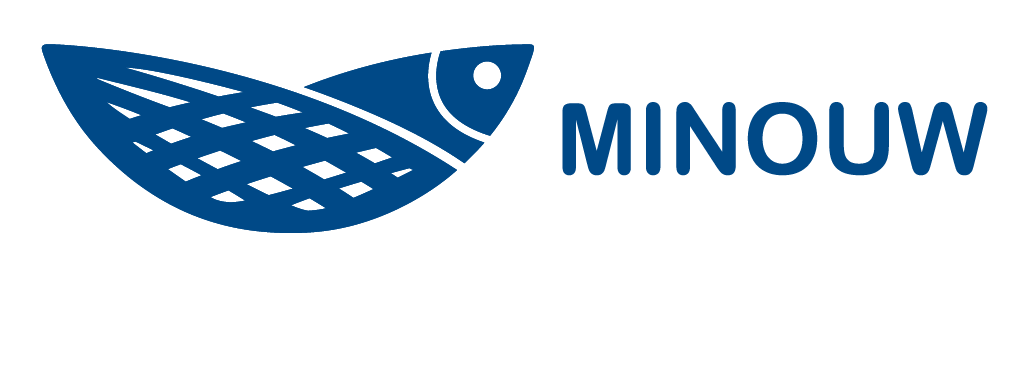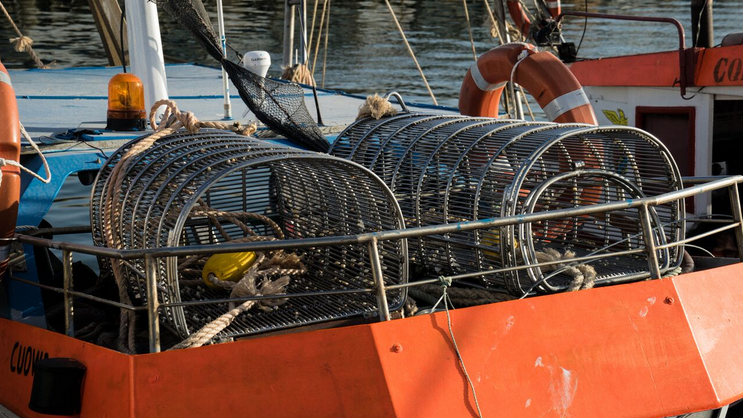Clam fishermen in Portugal have been using modified fishing gear to reduce discards. The MINOUW project is working with them to measure its impact, and assess if the design can used in other Mediterranean fisheries.
Clams are an important seafood product across the mediterranean, but the fisheries suffer from a very high percentage of discards. For many years fishermen in Portugal have been using an improved technique that both reduces the amount of fish discarded, and is more economic and efficient.
Believing that the most effective solutions are best developed through collaboration, the MINOUW project is working with these fishermen to scientifically evaluate the technique, to see if there are ways it might be improved, and to establish if it could be used in other Mediterranean fisheries.
What is the problem?
In fisheries across the Mediterranean, dredges are dragged across the seabed to dig clams and razor clams out of the sediment. A high value seafood, they are economically important in many European countries, particularly Spain, Italy and Portugal.
Clams account for nearly 8% of fish landed in the Mediterranean. But as much as 36% of catch landed is discarded, with around 19% of these being undersized (juveniles).

“Clams account for nearly 8% of fish landed in the mediterranean, but as much as 36% of catches are discarded.”
A simple modification brings multiple benefits
Around 15 years ago, scientists at IPMA started to test new designs of bivalve dredges using metallic grid frames in Algarve fisheries, to substitute the poorly selective traditional designs. Rather than using a ‘net bag’ to hold the clams and sand dredged up from the sea floor, it uses a metal grid to retain the catch.
The improved dredge brought many benefits. Most importantly, smaller (juvenile) clams are able to escape through the gaps between the bars of the grid, and this greatly reduces the amount of catch discarded. It also allows juvenile fish to escape, decreasing unwanted mortality on valuable coastal fish resources.

“This dredge bought several benefits… expenses with fuel decreased, the clams caught are of better quality and we spend less time towing and less time sorting the catches.”
Humberto, Portugal
MINOUW: local collaboration to develop regional solutions
The MINOUW project has partnered with fisherman in Olhão, Portugal to study the impact of the new dredge and collect scientific evidence of its benefits. The project has also provided funds and expertise to design and test new variations of the dredge. These findings will be shared and the technique promoted in other Mediterranean fisheries where it could be beneficial.
The old-style dredge gear was inefficient and environmentally damaging. The improved dredge could transform the environmental impact of clam fishing across the Mediterranean, and bring many economic benefits to the fishermen themselves.




1 Comment